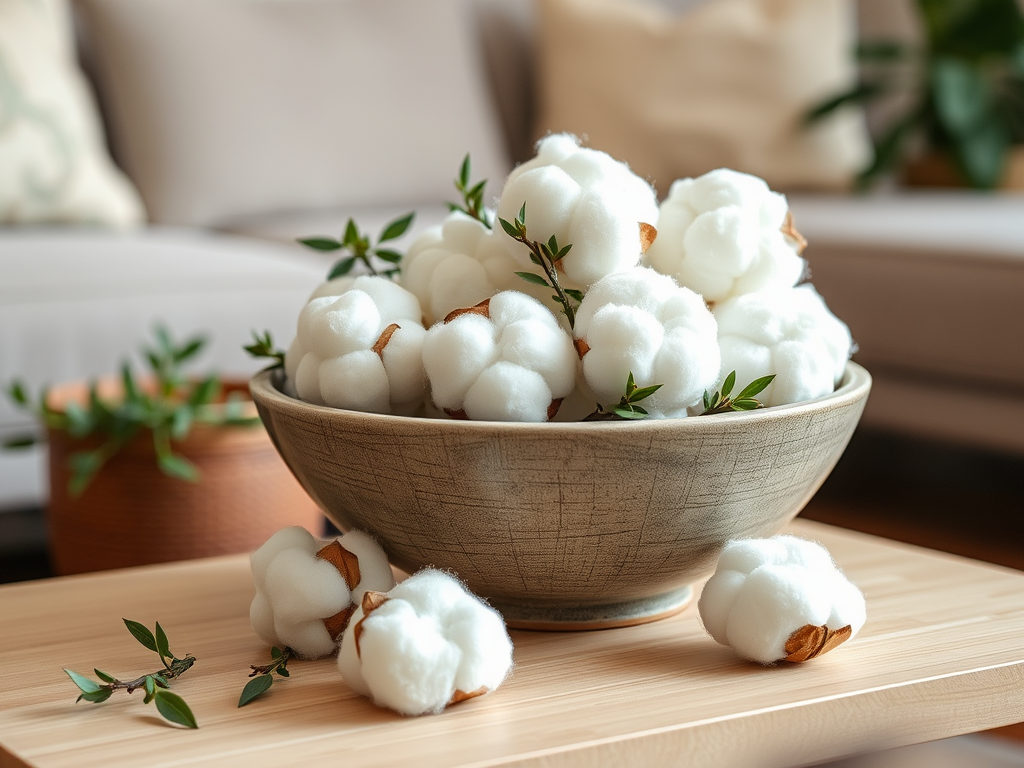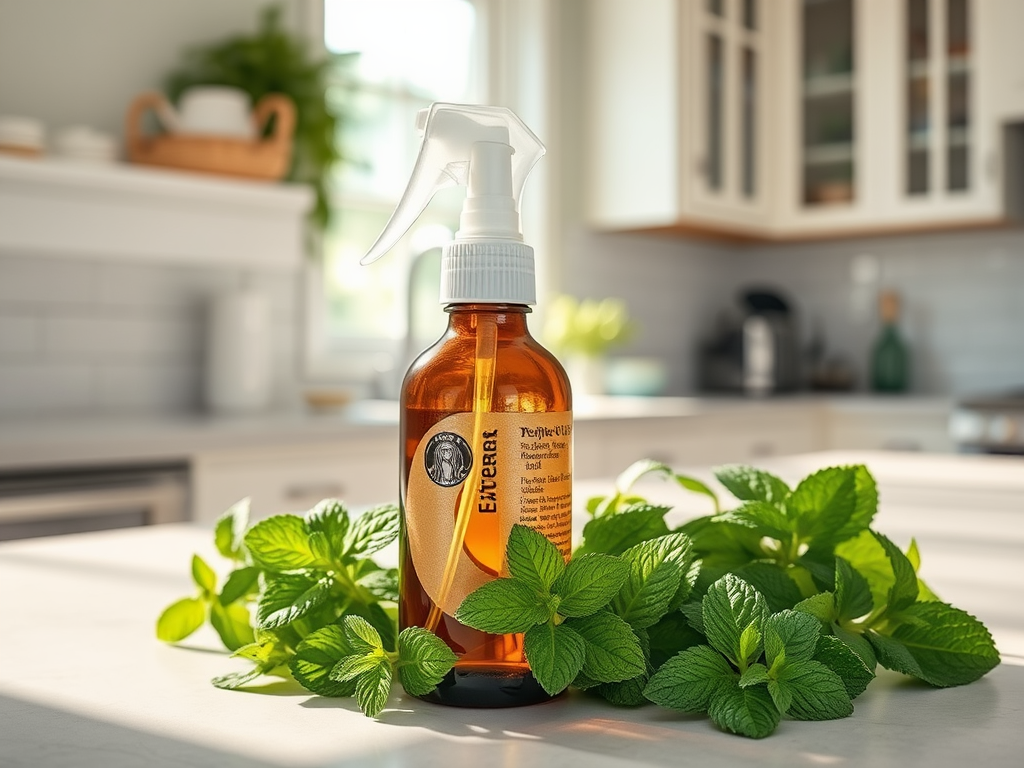When the chill of autumn settles in, many homeowners find themselves facing an unwanted challenge: mice desiring shelter from the cold. These small, often elusive creatures can bring a host of problems into your home, from contamination to property damage. The good news is that you don’t have to turn to harsh chemicals or expensive commercial products to keep them at bay. Instead, many effective homemade solutions harness the power of natural smells that mice simply can’t stand.
Natural repellents are not only safer for your family and pets, but they also carry an eco-friendly appeal that many seek today. By using common household ingredients, you can easily create your own mouse deterrents that will protect your space without compromising on your health or the environment. In this article, we’ll explore a variety of recipes and tips grounded in nature’s most potent scents, so you can take measures into your own hands while ensuring a mice-free home.
Understanding Mouse Behavior

Mice are inquisitive creatures, often drawn to homes by warmth, food, and shelter. Their acute sense of smell guides them in their search for resources. However, there are several natural scents that can effectively dissuade them from making your home their next residence. Knowing these smells is key to crafting effective homemade repellents.
The primary reason behind a mouse’s attraction often revolves around the various food sources available, but they are equally responsive to scents. Essential oils, vinegar, and even some common cooking spices are disliked by these pests. By strategically deploying these odors in your living space, you can create barriers that will discourage mouse activity.
Essential Oils as Natural Repellents

Essential oils are concentrated plant extracts renowned for their aromatic properties, and many of them serve as effective mouse repellents. These potent scents not only mask food odors that attract mice, but they also overwhelm their sensitive noses. Let’s explore some recommended essential oils that can help you achieve a mouse-free environment.
- Peppermint: The strong, unmistakable scent of peppermint is known to repel mice and other rodents.
- Eucalyptus: This oil has antibacterial properties and its scent is equally off-putting to mice.
- Clove: The rich, spicy aroma acts as a natural deterrent against rodents.
- Lavender: While soothing to humans, the smell of lavender is something mice tend to avoid.
DIY Mouse Repellent Recipes
Creating your own mouse repellent is easier than you might think. Here are a few straightforward recipes that you can whip up with essential oils and everyday items found in your home.
Peppermint Oil Spray
- Ingredients: Water, peppermint essential oil, food-safe spray bottle.
- Instructions: Mix 10-15 drops of peppermint oil into a spray bottle filled with water. Shake well before use and spray in areas where you’ve noticed mouse activity, focusing on entry points.
Eucalyptus Cotton Balls
- Ingredients: Eucalyptus essential oil, cotton balls.
- Instructions: Soak cotton balls with eucalyptus oil and place them strategically around your home, particularly in corners, cupboards, and entryways.
Natural Rodent Deterrent Sachets
- Ingredients: Dried herbs (e.g., lavender, clove), small cloth sachets.
- Instructions: Fill cloth sachets with a mixture of dried herbs, tie them off, and place in areas prone to mouse sightings.
| Essential Oil | Effectiveness | Usage Tips |
|---|---|---|
| Peppermint | Highly effective | Spray near entry points |
| Eucalyptus | Moderately effective | Use with cotton balls |
| Clove | Effective | Craft sachets |
| Lavender | Moderately effective | Combine with other oils |
Other Natural Smells That Deter Mice
Along with essential oils, a variety of other natural smells can keep mice at bay. Some of these include:
- Vinegar: Its strong odor can mask food scents and deter rodents.
- Citrus Peels: The smell of lemon or orange peels is often disliked by mice.
- Spices: Scents from spices like cayenne pepper can be effective; mix with water for a spray.
Maintaining a Mouse-Free Home
Merely applying a repellent won’t tackle the issue effectively. To maintain a mouse-free home, it’s essential to couple these measures with good hygiene practices. Regular cleaning can help eliminate food sources that attract mice, while sealing up potential entry points strengthens your defense against infestations.
Additionally, consider rotating repellent methods to keep mice from becoming accustomed to a particular scent. Consistency is key; regular reapplication of your chosen remedies will reinforce the message that your home is not welcoming. Creating a proactive approach keeps the problem at bay and ensures your home remains comfortable for you and your family.
Conclusion
In conclusion, utilizing natural smells can be an effective strategy in keeping mice away from your home. From essential oils to common kitchen items, there are multiple ways to create your own homemade mouse repellents. These solutions not only provide a safer alternative to chemical products but also contribute to a healthier living environment.
Employing a combination of these methods, coupled with routine cleaning and maintenance practices, will help ensure that your home remains a no-go zone for unwanted pests. Embrace the power of nature and take back control of your space in a safe, effective manner.
Frequently Asked Questions
- Do homemade mouse repellents really work? Yes, many natural methods can deter mice by leveraging smells that they dislike.
- How often should I apply homemade repellents? It’s best to reapply every few weeks or after any heavy cleaning.
- Are these homemade repellents safe for pets? Most natural ingredients are generally safe, but always do a quick check to ensure they’re non-toxic for your specific pets.
- Can I mix different essential oils together? Yes, combining oils can enhance their effectiveness, just be sure to research compatibility beforehand.
- Where should I place the repellents in my home? Focus on entry points, such as doorways and windows, as well as places where you’ve noticed mouse activity.
